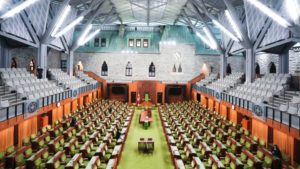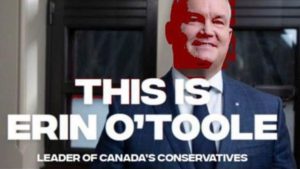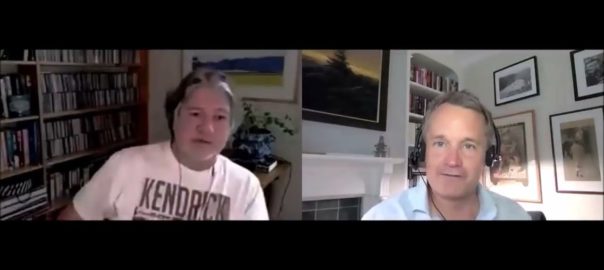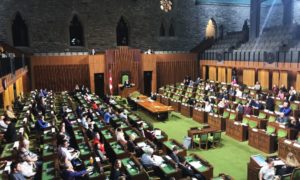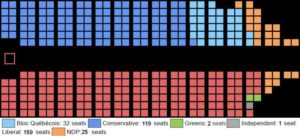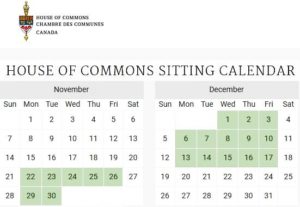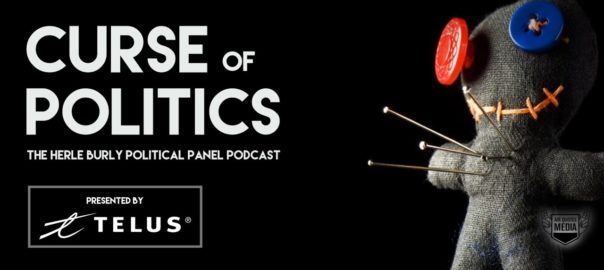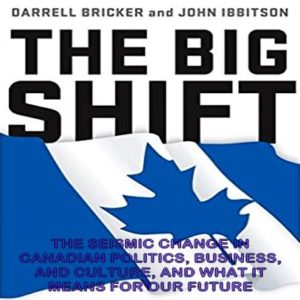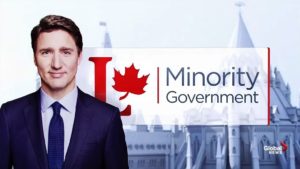
The most frequently asked question over the course, and throughout the duration, of the summer election called by the Prime Minister: why did Justin Trudeau call a needless summer election — particularly when, on Election Day, the final electoral result was a continuing minority Liberal government?
Internal Liberal Party polling conducted last spring, and throughout the summer, registered Justin Trudeau and the Liberals with a 45% approval rating, with Trudeau one of the most well-liked and respected Canadian Prime Ministers since Confederation. In the summer, within the Prime Minister’s office, the pressure on Trudeau to call a snap election was immense.
Prior to the 2021 federal election, the Liberal Party held 154 seats in a Parliament of 338 members. Pragmatically, what that meant for the Liberals was that all of the Committees of the House had majority Opposition party participation, and more importantly, decision-making power that could be — and more often than not was — wielded by the Opposition as a cudgel to serve their own partisan interests: the Conservatives, NDP, Bloc Québécois, and Greens, those parties less interested in the welfare of the Canadian people than scoring points against the government.
As they did during the election, in a display of rank partisanship and future, hoped-for increased electoral success, and possibly government, the elected members of Erin O’Toole’s Conservative Party and Jagmeet Singh’s NDP colluded to make the life of the government as miserable as possible, using the committees not simply to hold the government to account, but to do all in their power to create an impression that Justin Trudeau’s government was both ‘do nothing’, and corrupt.
Little wonder Prime Minister Justin Trudeau wanted to call a summer election.
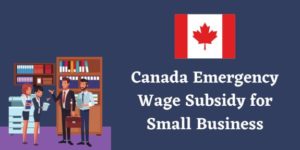
Why did Justin Trudeau call a summer election, then? To recap …
- Throughout the first 8 months of the year, the Liberals had been riding high in the polls, Canadians grateful for the quick action by Prime Minister Justin Trudeau to secure the economy, through the introduction of CERB for Canadians who found themselves out of work due to the pandemic; the introduction of both a seniors grant for the poorest seniors, and an ongoing monthly supplement to the Canada Child Benefit to help families weather the storm of the pandemic; and the introduction of any number of business support programmes to keep the Canadian economy afloat. And, of course, securing the tens of millions of COVID-19 vaccine doses that would keep Canadians safe, and help over time to bring COVID-19 to an end. Thus far, more than 60 million doses of the mRNA Pfizer, Moderna, and the AstraZenica and Janssen vaccines have been administered to Canadians 12+, with millions more doses to be made available for children aged 5 to 12 years;
- Focus on the economy and the health of Canadians rather than continue to allow the Conservatives and the NDP to play the sort of unproductive partisan politics that not only made the life of the government more difficult, but in having to respond to the partisanship of the Tories and the NDP on the Committees of the House, inhibited the Liberals from governing as effectively as the government deemed necessary, and to serve the best interests of all Canadians. A majority government, had that been the result of the September 20th election, would have made the life of the government easier, while still allowing the Opposition to hold the government to account.
In respect of the Trudeau government not being able to secure a majority, make no mistake: Shachi Kurl cost the Liberals a majority government.
Going into the English Leaders’ debate, the Bloc Québécois had lost their footing, with all polls showing them unable to retain more than 10 seats in Parliament, for a loss of 22 seats. The support of Québeckers had moved virtually wholesale to hometown boy Justin Trudeau and his Liberal party — which looked to pick up most of the lost Bloc seats, propelling them to a majority government. Then Ms. Kurl asked a damnedly poorly phrased question concerning Québec Bill 21 — banning Québec citizens from wearing religious symbols, and mandating that one’s face be uncovered to give or receive specific public services — the contentious nature of her question propelling the Bloc into a stratospherically high 32-riding seat count, costing the Liberals their much sought after majority.
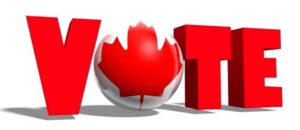
One final point: the opportunity to exercise our franchise, to go to the polls and cast our ballot in seclusion, to hold our government to account, is central to our nation’s democracy. No election held in Canada, or elsewhere, is ever unnecessary. The opportunity to go to vote in an election is both our democratic right, and at the core of our democracy. Following a 35-day election period, Canadians went to the polls, and collectively decided that a continuing minority government for the Liberals would be for all of us the best possible outcome, and voted accordingly.
